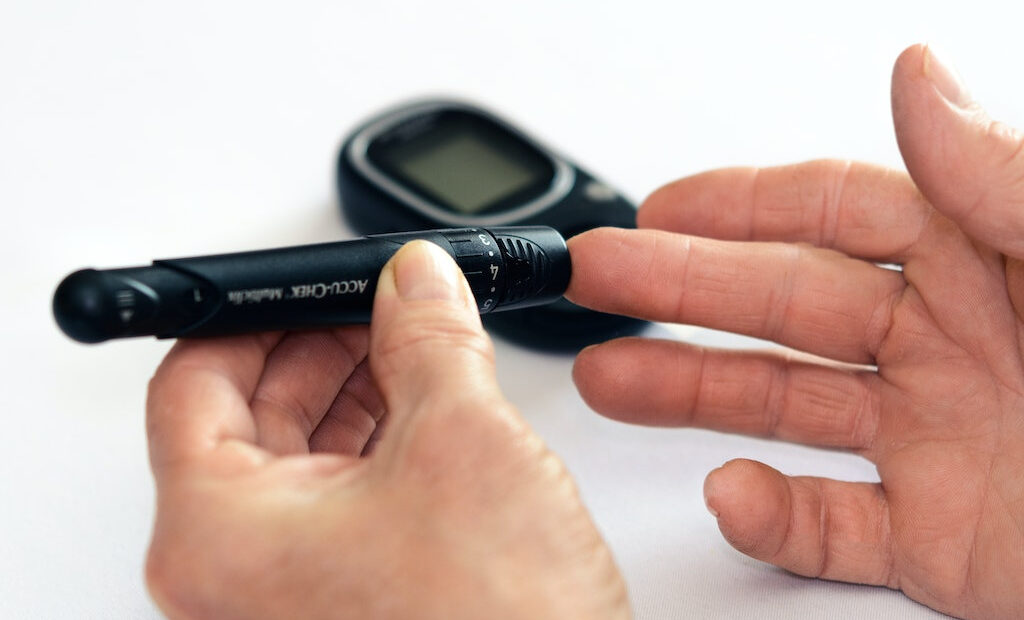Could CBD be the future of diabetes treatment and prevention?

Diabetes is a health condition that affects an estimated 10% of Americans, with another 33% of the population estimated to have prediabetes, according to the CDC. It is characterised by a problem with how the body processes food to create the energy that it needs to function. When one eats, the body produces a hormone called insulin to take the glucose from carbs and sugar in the food and get it into the various types of body cells. Insulin is produced by the pancreas, which is found near the stomach.
People who have diabetes can have one of two problems during this process. First, the body might not produce enough of the insulin hormone, which means it loses its ability to store as much energy from food. Second, the insulin the body produces may lose its efficiency. The end result for both is that the glucose is not broken down to the same extent, and larger amounts stay in the blood.
Diabetes, when unregulated and controlled by medication and other treatments, can lead to serious health complications. There is an increased risk of heart disease, deafness, blindness, kidney failure and death. Most treatments and medications for managing diabetes are based around keeping blood sugar levels in check, trying to avoid having too much or too little.
There is growing scientific research that is investigating the potential of anti-inflammatory treatments to help prevent diabetes from occurring and better manage the condition. This is part of a larger realisation about how seriously chronic inflammation caused by conditions like diabetes or autoimmune diseases can affect one’s health. Frequent inflammation can lead to tissue damage, organ damage, reduced immune system effectiveness, autoimmune conditions, neurological diseases, cancer and also diabetes.
The importance of hormone regulation (insulin) and inflammation to the prevention and treatment of diabetes is the basis of the potential use of CBD.
What Is CBD?
It’s a natural chemical compound that is found in cannabis plants. On its own, it contains no psychoactive elements that would make the user high. It has been the subject of various clinical trials and scientific research to investigate the potential health benefits. It is currently legal to use as a health supplement, with one FDA-approved medication.
As a health supplement product, people take it as oil drops, topical creams, Delta 8 gummies and in other forms. But when it comes to the potential application of CBD to help prevent diabetes, or help with treatment for those who already have it, it comes back to its properties for regulating hormone production and acting as an anti-inflammatory.
While there has yet to be a full-scale clinic trial performed on human subjects, some animal trials have shown promising results. First, one study using mice found that it significantly reduced inflammation and the incidence of diabetes by 56%. The belief is that it helps reduce inflammation in the vital organs that are a major factor in diabetes, but may also help better regulate the production of things like insulin.
However, for now CBD should not be relied upon as a treatment of diabetes – not until there is confirmation from large studies for how it can affect or prevent diabetes. Until then, and in general, it’s important to follow the usual regimen of medication, diet and exercise, as prescribed by the doctor.
The editorial unit
The material contained in this article is of the nature of general comment only and does not give advice on medical or any particular matter. Recipients should not act on the basis of this article’s information without taking appropriate advice from a healthcare professional.

























Facebook
Twitter
Instagram
YouTube
RSS